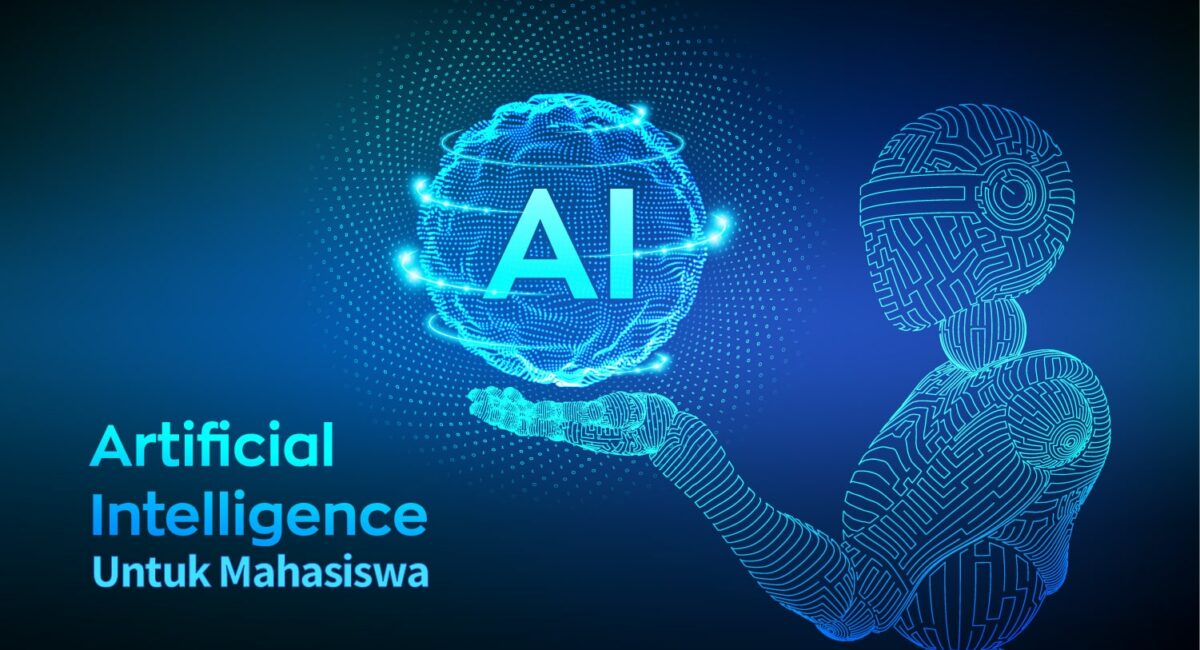
Technology is altering our world at an astonishing rate! Its sweeping changes can be found everywhere and they can be referred to as both thrilling, and at the exact same time terrifying. Although individuals in numerous parts of the world are still attempting to come to terms with earlier technological transformations together with their sweeping social and educational implications - which are still unfolding, they have actually been woken up to the truth of yet another digital transformation - the AI revolution.

Artificial Intelligence (AI) innovation refers to the capability of a digital computer system or computer-controlled robotic to perform jobs that would otherwise have actually been performed by humans. AI systems are created to have the intellectual processes that identify humans, such as the capability to reason, find meaning, generalize or learn from previous experience. With AI innovation, huge amounts of information and text can be processed far beyond any human capacity. AI can also be utilized to produce a huge variety of brand-new material.
In the field of Education, AI innovation features the possible to enable brand-new kinds of mentor, finding out and academic management. It can also improve discovering experiences and assistance instructor tasks. However, in spite of its positive capacity, AI likewise presents considerable risks to trainees, the teaching community, education systems and society at large.
What are a few of these threats? AI can lower mentor and discovering processes to computations and automated jobs in methods that decrease the value of the function and influence of teachers and damage their relationships with students. It can narrow education to only that which AI can process, model and provide. AI can likewise aggravate the worldwide scarcity of qualified teachers through out of proportion costs on technology at the expense of investment in human capacity development.
The usage of AI in education also produces some basic concerns about the capability of teachers to act purposefully and constructively in figuring out how and when to make cautious usage of this technology in an effort to direct their expert growth, discover solutions to obstacles they deal with and improve their practice. Such basic questions consist of:
· What will be the function of teachers if AI technology become extensively implemented in the field of education?
· What will evaluations appear like?
· In a world where generative AI systems appear to be developing brand-new capabilities by the month, what abilities, outlooks and proficiencies should our education system cultivate?
· What modifications will be needed in schools and beyond to help students strategy and direct their future in a world where human intelligence and users.atw.hu machine intelligence would appear to have become ever more carefully linked - one supporting the other and vice versa?
· What then would be the purpose or function of education in a world controlled by Expert system innovation where people will not always be the ones opening new frontiers of understanding and understanding?
All these and more are intimidating questions. They force us to seriously consider the concerns that occur relating to the application of AI innovation in the field of education. We can no longer just ask: 'How do we prepare for an AI world?' We must go deeper: 'What should a world with AI appear like?' 'What functions should this effective innovation play?' 'On whose terms?' 'Who decides?'
Teachers are the main users of AI in education, and they are expected to be the designers and facilitators of trainees' knowing with AI, the guardians of safe and ethical practice across AI-rich instructional environments, and to act as good example for long-lasting discovering AI. To presume these obligations, instructors need to be supported to establish their abilities to leverage the potential benefits of AI while reducing its threats in education settings and larger society.
AI tools need to never be designed to change the legitimate accountability of teachers in education. Teachers should remain liable for valetinowiki.racing pedagogical choices in making use of AI in teaching and in facilitating its uses by trainees. For instructors to be responsible at the practical level, a pre-condition is that policymakers, teacher education institutions and schools presume responsibility for preparing and supporting teachers in the correct use of AI. When presenting AI in education, legal defenses must likewise be established to secure instructors' rights, and long-term monetary dedications need to be made to ensure inclusive gain access to by teachers to technological environments and standard AI tools as important resources for adapting to the AI era.
A human-centered approach to AI in education is critical - a technique that promotes crucial ethical and
useful concepts to help regulate and assist practices of all stakeholders throughout the whole life process of AI systems. Education, offered its function to protect in addition to facilitate advancement and knowing, has an unique responsibility to be fully knowledgeable about and responsive to the threats of AI - both the recognized risks and wiki.piratenpartei.de those only simply emerging. But too typically the threats are ignored. Using AI in education therefore requires careful factor to consider, including an examination of the developing functions instructors need to play and the competencies required of instructors to make ethical and effective use of Artificial Intelligence (AI) Technology.
While AI uses chances to support instructors in both teaching as well as in the management of learning processes, significant interactions in between instructors and students and human thriving ought to remain at the center of the instructional experience. Teachers need to not and can not be changed by technology - it is essential to protect instructors' rights and ensure appropriate working conditions for them in the context of the growing usage of AI in the education system, in the workplace and in society at large.















